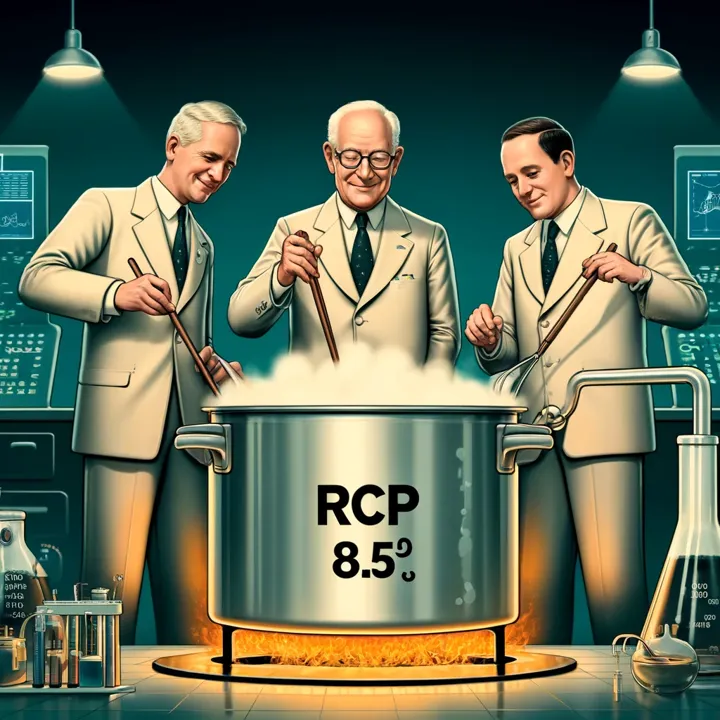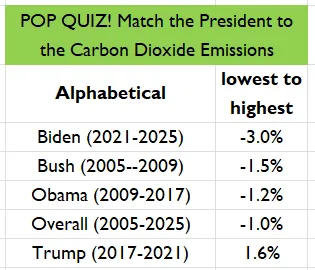https://rogerpielkejr.substack.com/p/climate-cooking
By Roger Pielke Jr.:
Excerpt: At the center of the corruption of climate science discussed here sits a highly technical scenario of the future called Representation Concentration Pathway 8.5 or RCP8.5. Longtime readers of THB will no doubt be familiar with RCP8.5 and its consequences, but for anyone needing a quick primer, have a look at our short paper in Issues in Science and Technology.
Today, I add further details to this incredible story by explaining the important role in promoting RCP8.5 played by billionaires Tom Steyer and Michael Bloomberg.
According to the New York Times, in November 2012, one month after stepping down from the hedge fund he led, Steyer gathered environmental leaders and Democratic party leaders around the kitchen table at his ranch in Pescadero, California. Among those in attendance were Bill McKibben, the founder of 350.org, and John Podesta, who had founded the Center for American Progress (CAP) in 2003 to promote progressive causes.1 Today, John Podesta serves as President Biden’s “climate envoy,” recently replacing John Kerry.
At the 2012 kitchen table meeting, Steyer was focused on the question: “How do you make climate change feel real and immediate for people?” He was convinced by attendees that the best way to answer this question was by appealing to people’s pocketbooks, through the economics of climate impacts.
Following this meeting, Steyer invited two collaborators and co-funders to join him — One was Michael Bloomberg, then a political independent who was completing 12 years as the mayor of New York. The other was Hank Paulson, a Republican who was a former CEO of Goldman Sachs and who had also served as Secretary of the Treasury under George W. Bush.
Each of Steyer, Bloomberg and Paulson contributed $500,000 to the initial project, which had the goal of,
“making the climate threat feel real, immediate and potentially devastating to the business world”
The initial aim was to produce a series of reports, drawing on several young academics and the expertise of external consultants at the Rhodium Group and Risk Management Solutions.
The first report was published in June, 2014 and was titled “Risky Business: The Economic Risks of Climate Change in the United States.” The Risky Business approach was a clever, if flawed, way to place economics at the center of climate policy.
The approach focused on characterizing the extreme RCP8.5 scenario as “the closest to a business-as-usual trajectory” and centered its economic analysis on that scenario:
By focusing on the most extreme scenario as business-as-usual they guaranteed that the economic impacts of climate change that they projected into the future would be eye-poppingly large.



